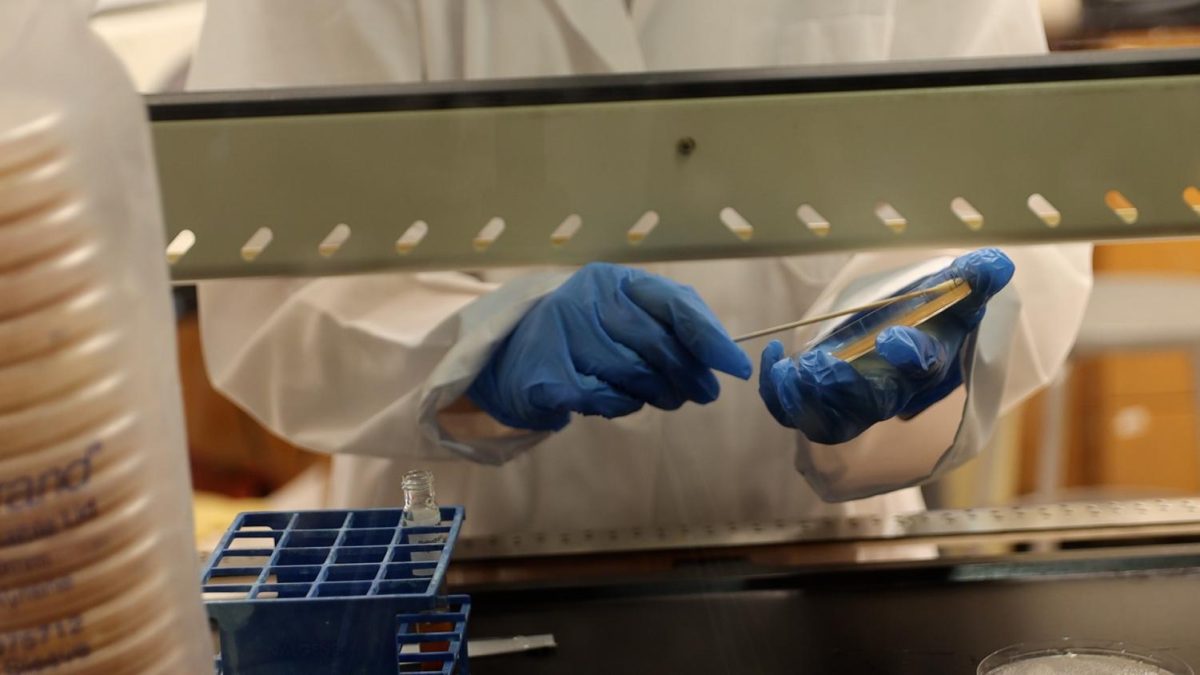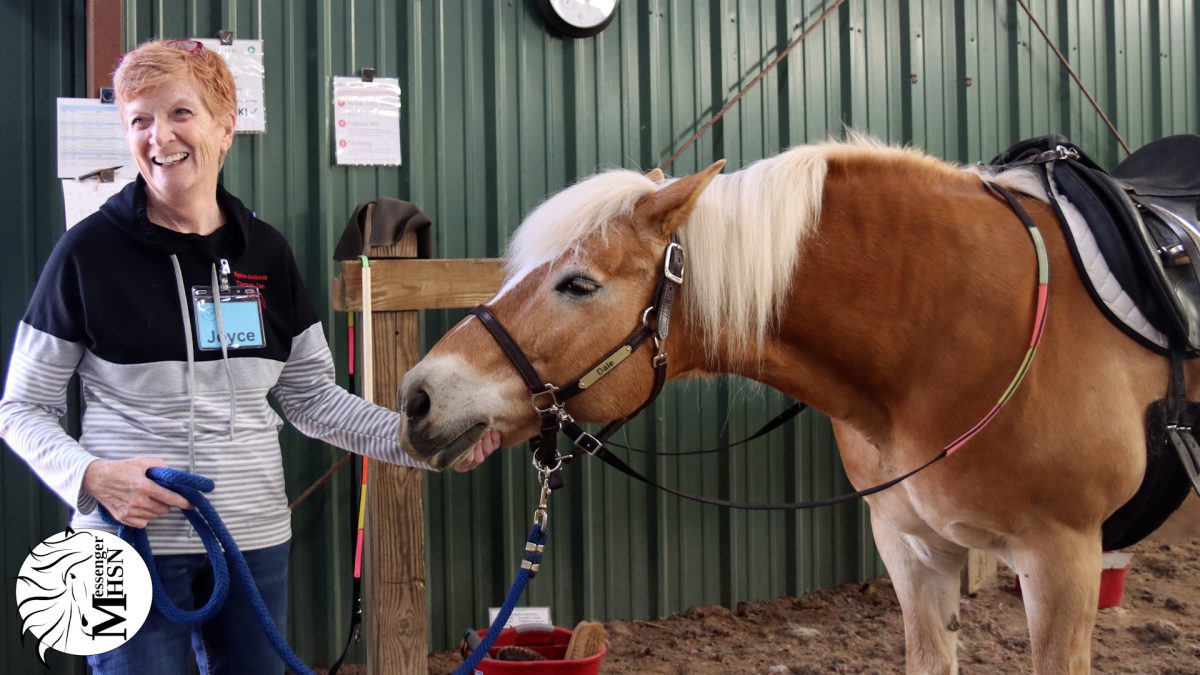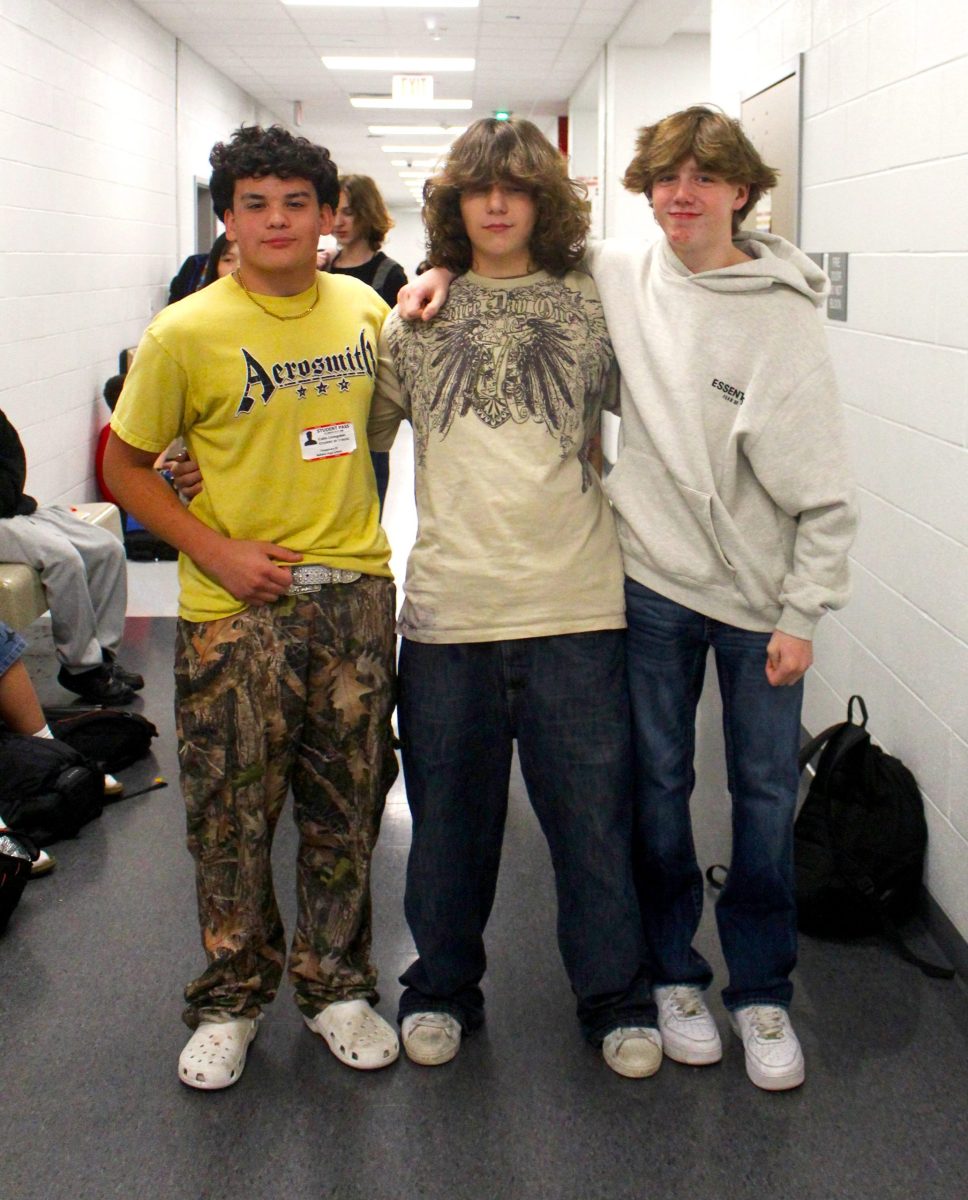On his hour-long bike ride, he hears gunfire and quickens his pace.
But he doesn’t feel nervous. He’s used to it. For him, it’s just another Saturday morning.
Since August, freshman Alexander Millward’s Saturday routine has been the same. He wakes up at 7 a.m. to make a special trip.
“I wake up, get a crappy bag and then I get on my complete garbage bike because I go [to] bad parts of town.”
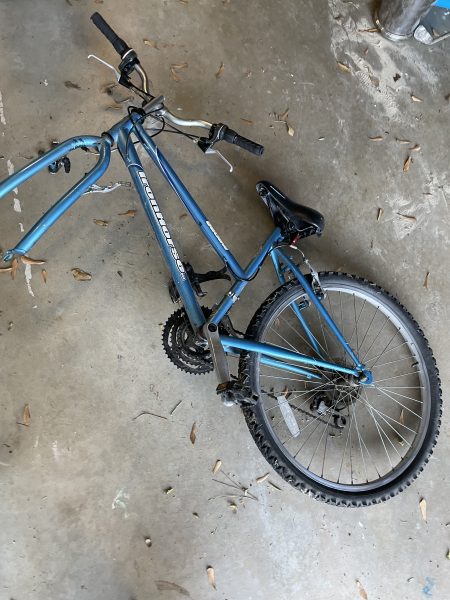
On the way, he steals glances at the people crowding the streets.
“There [are] a lot of homeless that go around there,” Millward said. “It’s not scary or anything. It’s just kind of sad. If you’re upset by that, don’t go to some of the more rough places. It’s kind of unrewarding sometimes.”
He doesn’t stop biking until he reaches his final destination, a “sketchy” thrift store in Sharpstown. From there, he spends around two hours scouring through every rack and corner until a rare or vintage piece of clothing catches his eye. He throws the item into his cart and keeps going until he’s searched the entire shop. Then, it’s off to the next thrift store.
“I get my clothes [and] usually try to go along [quickly] to avoid people taking my stuff,” Millward said. “I don’t bring that much [money] because I don’t want to get robbed. I’ve been accused of stealing before. I’ve seen drugs being sold too.”
Rack after rack, aisle after aisle, store after store, the morning slips away. By the time Millward has thrifted through every stop, it’s already well into the afternoon.
“It’s not a crazy process,” Millward said. “I’m just buying things [and then] rinse and repeat until I get enough clothes or I run out of money.”
But Millward doesn’t wear most of his favorite finds. He has another reason for dedicating hours of his Saturday to searching for vintage clothes.
It’s the same reason why he learned how to use a 3D printer to sell keychains in seventh grade. It’s why he broke the rules running a candy business throughout eighth grade.
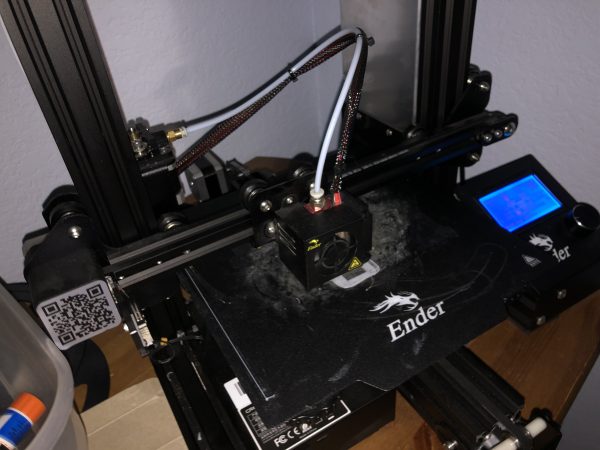
Millward loves making money.
“I want to be a millionaire,” Millward said. “I like being able to spend money and not have to worry about that. My parents never gave me anything that I didn’t earn, so I’m just doing what I can to make money.”
And while he had already made hundreds of dollars from his pseudo-businesses in middle school, Millward wanted more.
“I got the idea [to thrift flip] when I was running out of money,” Millward said. “My big cash drawer was getting empty, [and] I needed something to feed my passion for thrifting.’”
That’s when Millward said he hit the jackpot.
“One day at the thrift store, I found this insane black puff print crewneck,” Millward said. “It’s CPFM collaborating with Coachella. It was nuts. [But] I don’t really like that style, and I wanted to make money because I was running super low. I open eBay, and I’m like, ‘Screw it, I’m gonna sell it.’”
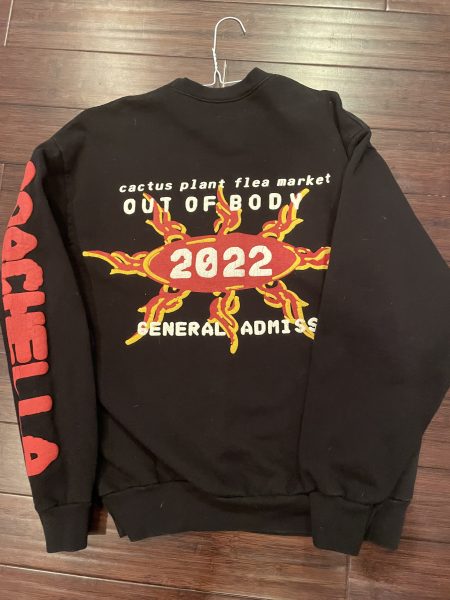
But after a month of listing the crewneck on eBay, nothing happened.
“They just wouldn’t advertise what I was putting on,” Millward said. “That’s the problem with these big [e-commerce platforms]. There’s a barrier to entry. It was a complete failure for me.”
So Millward, a seasoned salesman, changed strategies.
“So then I think, ‘Well, what if I listed something a little smaller with Depop?’” he said. “I put [the crewneck] on Depop, and [it got] lots of likes. Then, I got an offer within the second day.”
In the next five months, Millward’s Depop storefront made 19 sales, delivered to over 15 different states like Hawaii and Alaska and accumulated a perfect five-star rating from all customers.
“He was kind of goofy and uncoordinated when he started,” Millward’s close friend and freshman Jacob Caplan said. “Now, he’s a lot better of a salesman than he was a couple of years ago.”
For his online store, Millward spends days shopping for clothes, taking and editing photos for listings and packaging and shipping orders off to customers.
“He’s in a thrift store almost all day, every weekend, just so he can get clothes,” Caplan said.
Besides his online presence, Millward sells his clothes in-person at Bellaire to students like Caplan and sophomore Colin Livingston.
“Alex is big on clothes and fashion, and he actually got me into it,” Livingston said. “I bought a couple of things from him. He’s always looking at the newest brands, but he’s also trying to find old stuff that has been owned for a while.”
As a close friend of Millward’s, Livingston frequently accompanies Millward on his thrifting expeditions.
“I’ve always wanted to know how to style myself,” Livingston said. “I just never knew where to start. Alex helps me out a bit with that. He helps me pick out the good stuff when we go thrifting. He’s genuinely a really good guy. He’s really good with fashion, and he’ll never try and scam me.”
Beyond the purely monetary motivations for starting his business, he also hopes to encourage support for thrift stores to fight against fast fashion.
Fast fashion is an issue especially prevalent in the U.S., accounting for 88% of the clothing industry. Top perpetrators like Shein rely on underpaying workers to produce cheap, poor quality clothes meant to be quickly discarded after its short trending lifetime. Every year, 11.3 million tons of textile waste end up polluting oceans and hurting the environment through carbon emissions.
“Fast fashion is basically killing the environment,” Millward said. “You should really support your local thrift store because not only does it probably give most of its proceeds to charity, but [thrift stores] also are saving your environment [from] extreme consumerism.”
Still, Millward knows that even if he can’t make an immediate impact on the fast fashion industry through his advocacy, he is still proud of his business and wants it to be even bigger. He said his motivation is simple.
“I like having cool clothes and making money,” Millward said. “That’s what makes it worth it for me.”
This story was originally published on Three Penny Press on February 15, 2024.





![With the AISD rank and GPA discrepancies, some students had significant changes to their stats. College and career counselor Camille Nix worked with students to appeal their college decisions if they got rejected from schools depending on their previous stats before getting updated. Students worked with Nix to update schools on their new stats in order to fully get their appropriate decisions. “Those who already were accepted [won’t be affected], but it could factor in if a student appeals their initial decision,” Principal Andy Baxa said.](https://bestofsno.com/wp-content/uploads/2024/05/53674616658_18d367e00f_o-1200x676.jpg)



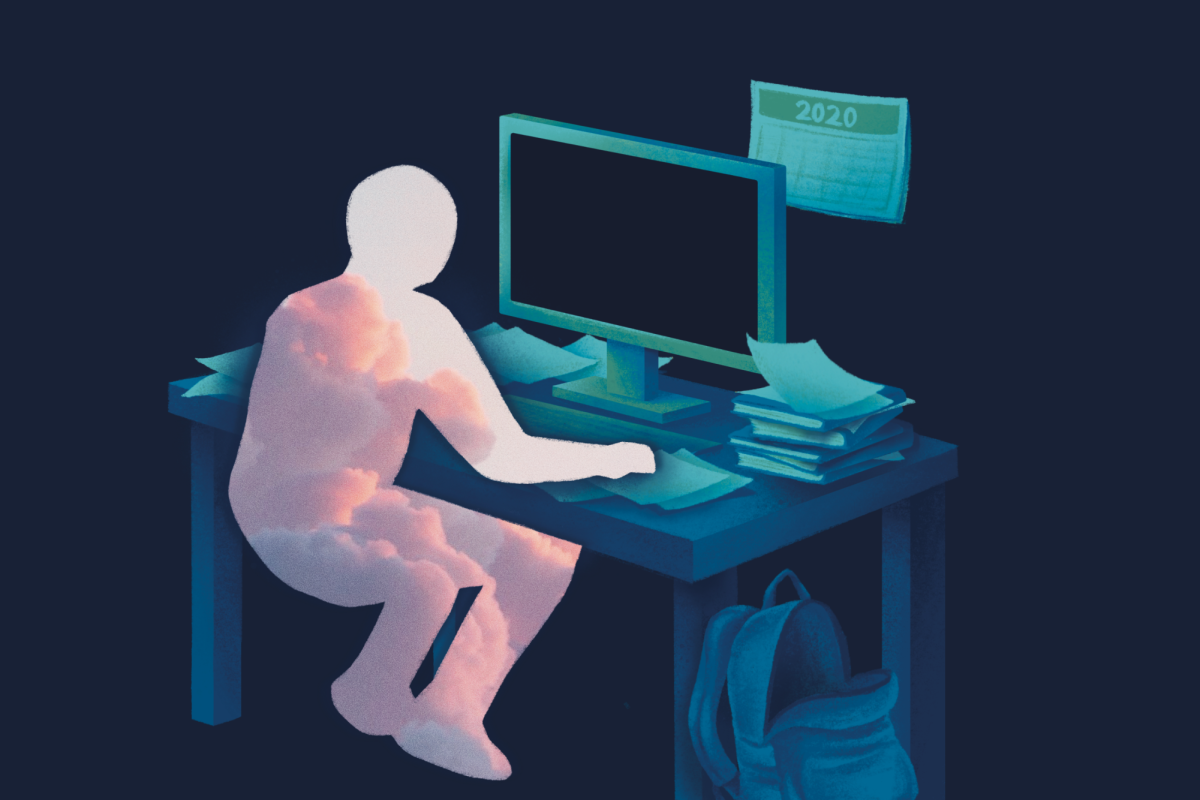


![Junior Mia Milicevic practices her forehand at tennis practice with the WJ girls tennis team. “Sometimes I don’t like [tennis] because you’re alone but most of the time, I do like it for that reason because it really is just you out there. I do experience being part of a team at WJ but in tournaments and when I’m playing outside of school, I like that rush when I win a point because I did it all by myself, Milicevic said. (Courtesy Mia Milicevic)](https://bestofsno.com/wp-content/uploads/2024/06/c54807e1-6ab6-4b0b-9c65-bfa256bc7587.jpg)

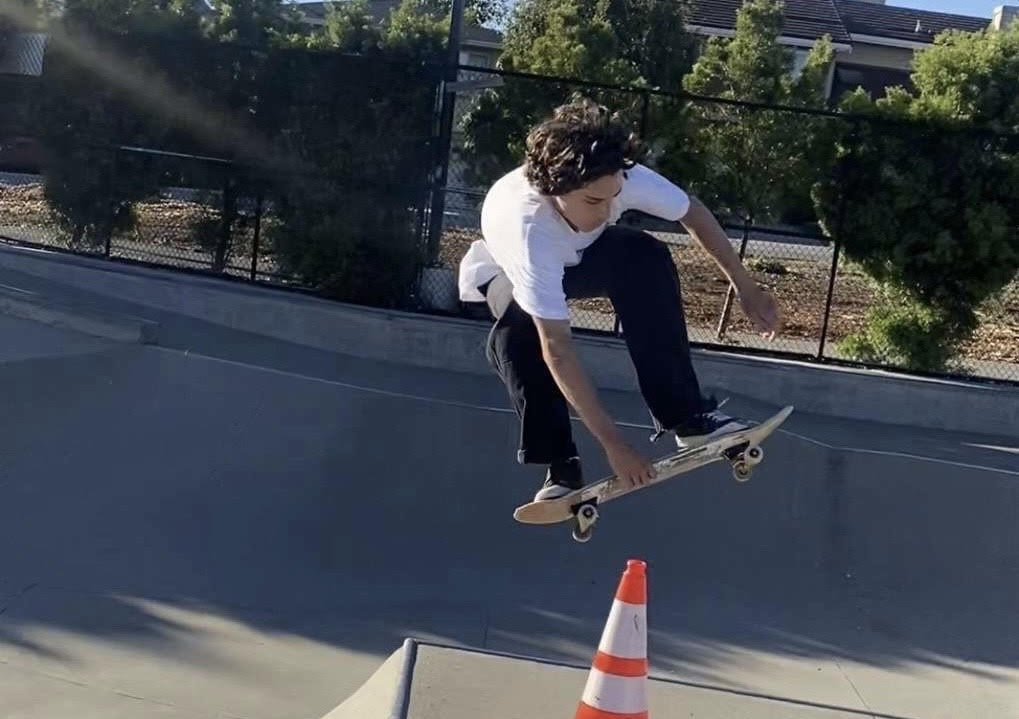



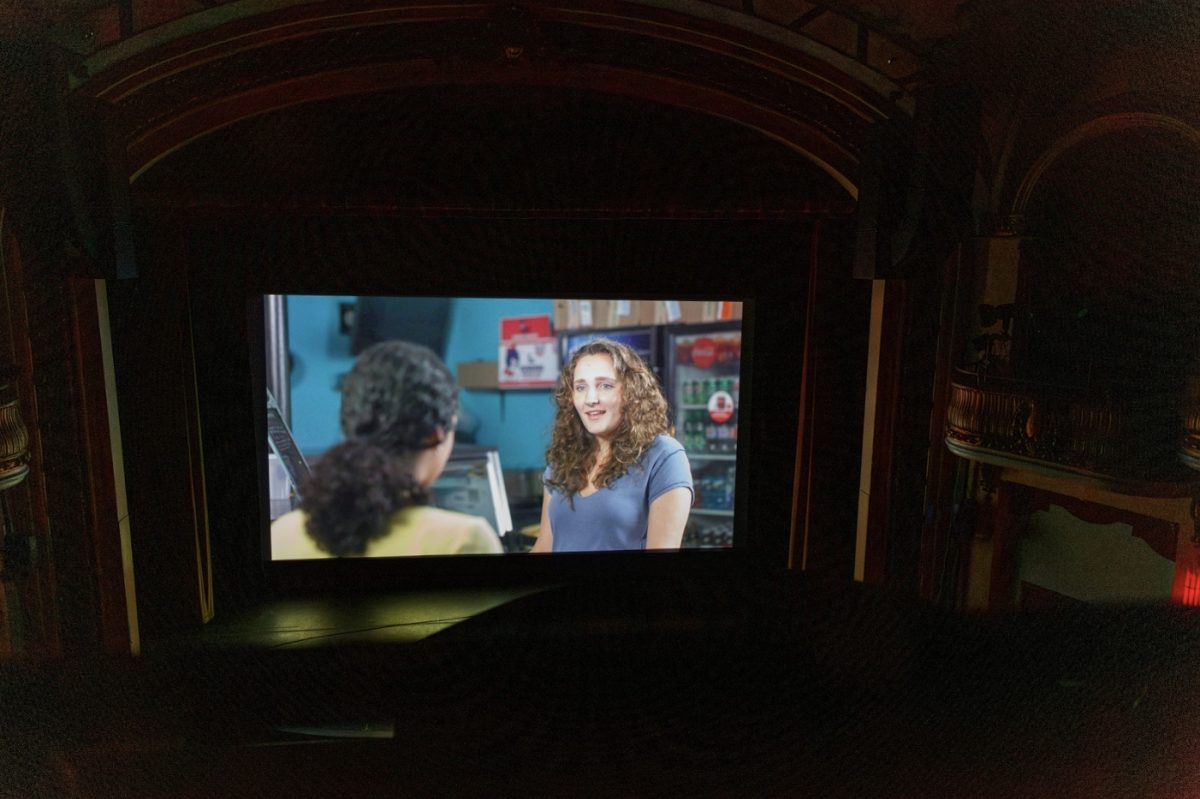

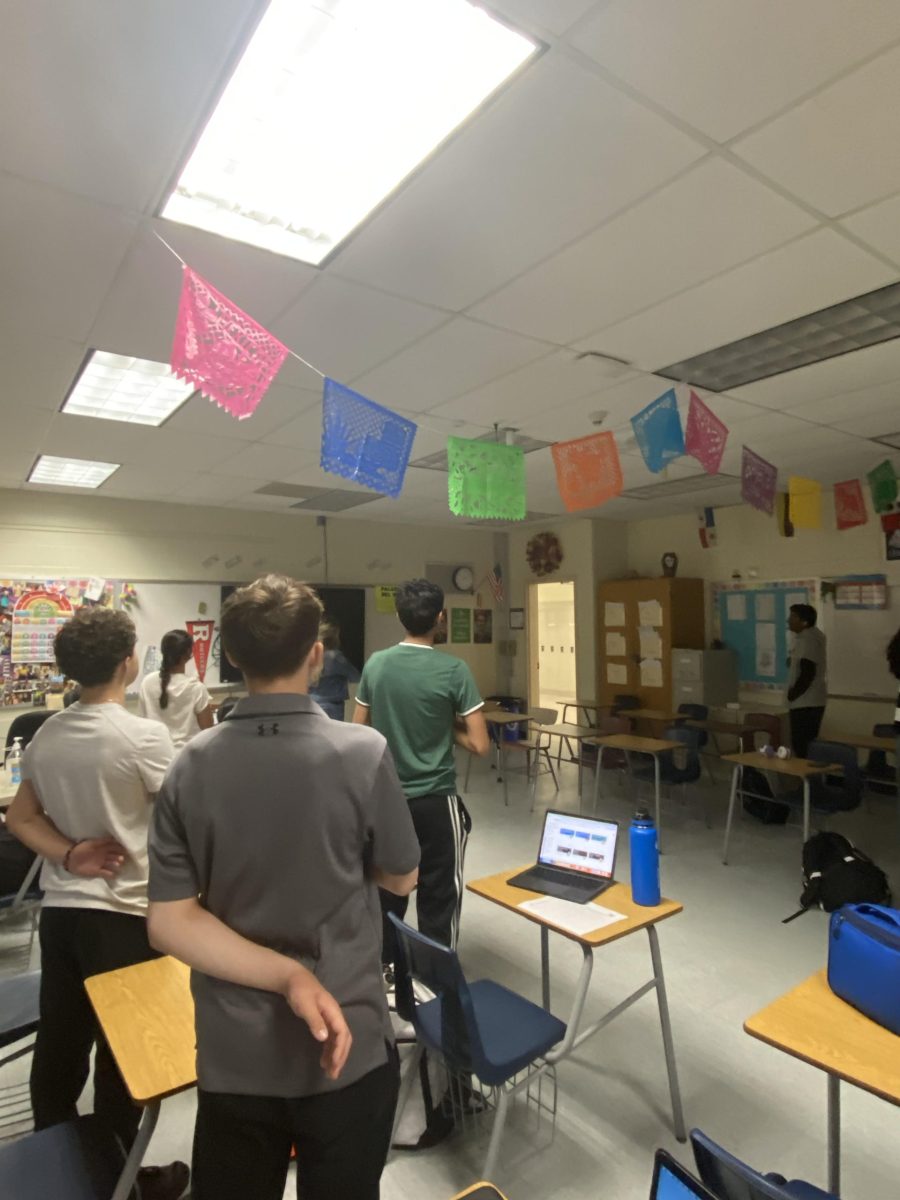
![The Jaguar student section sits down while the girls basketball team plays in the Great Eight game at the Denver Coliseum against Valor Christian High School Feb. 29. Many students who participated in the boys basketball student section prior to the girls basketball game left before half-time. I think it [the student section] plays a huge role because we actually had a decent crowd at a ranch game. I think that was the only time we had like a student section. And the energy was just awesome, varsity pointing and shooting guard Brooke Harding ‘25 said. I dont expect much from them [the Golden Boys] at all. But the fact that they left at the Elite Eight game when they were already there is honestly mind blowing to me.](https://bestofsno.com/wp-content/uploads/2024/05/IMG_7517-e1716250578550-900x1200.jpeg)

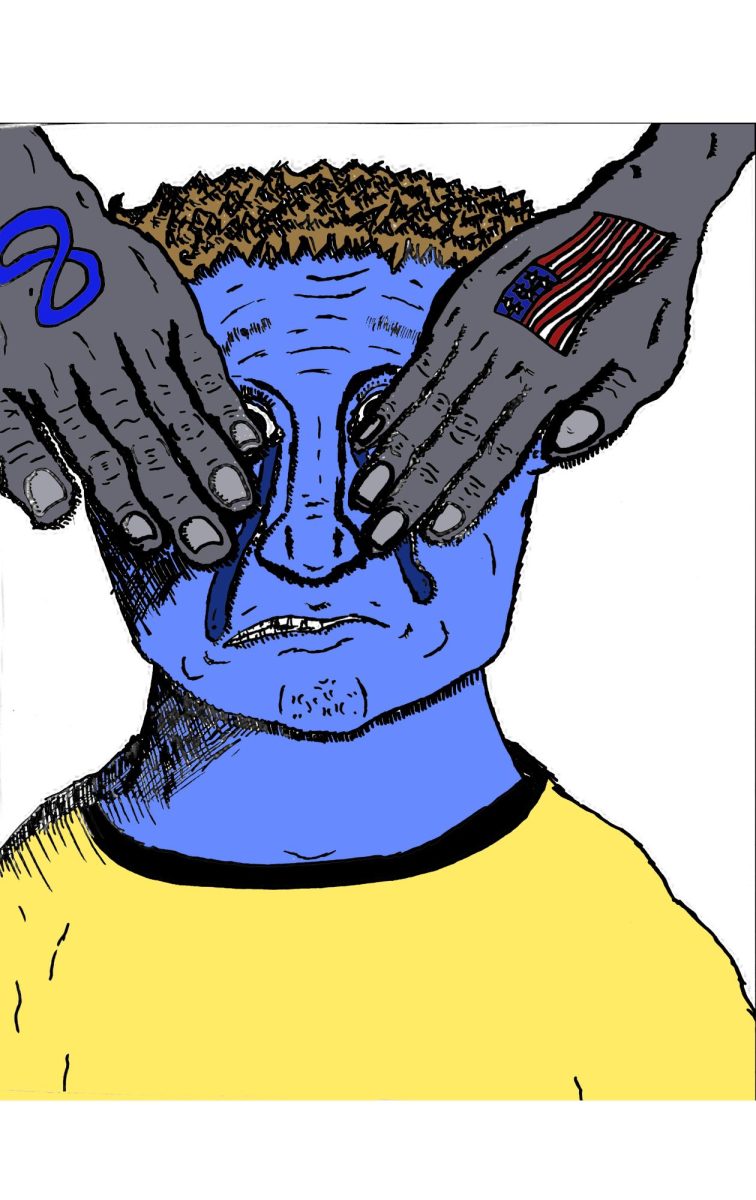
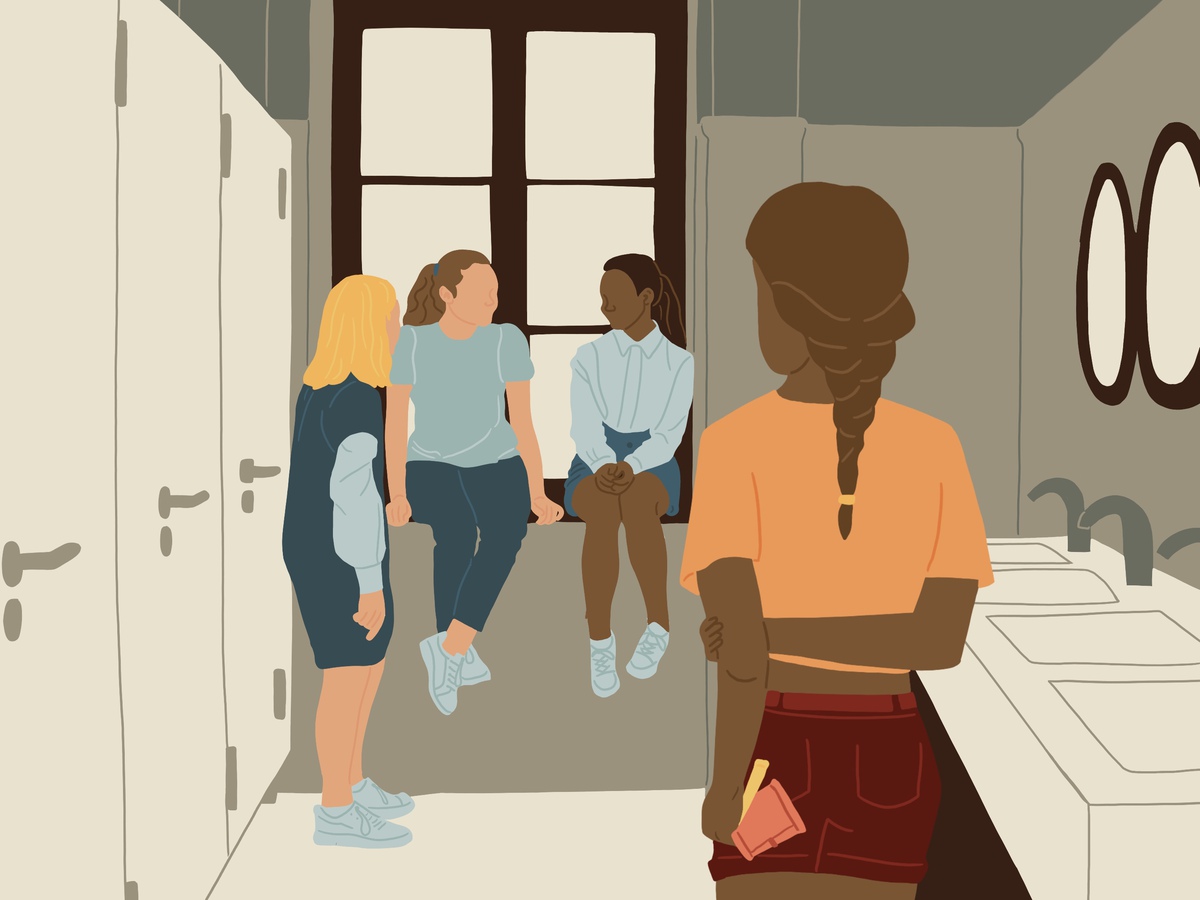
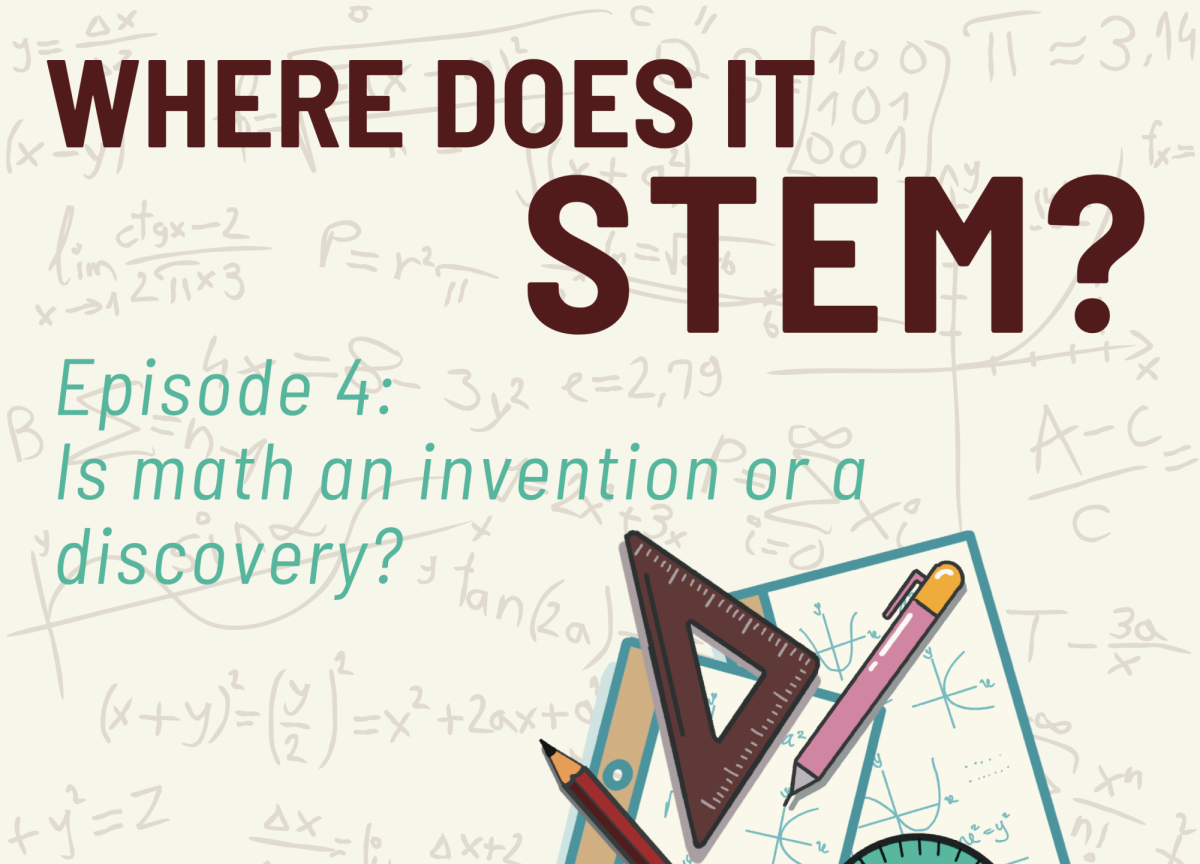

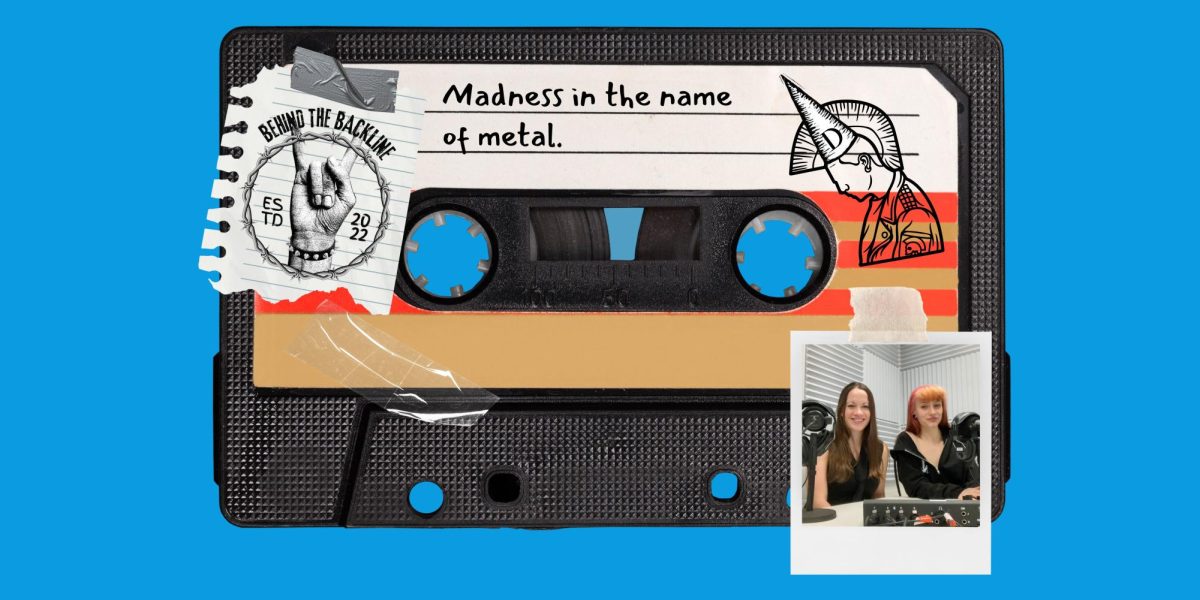
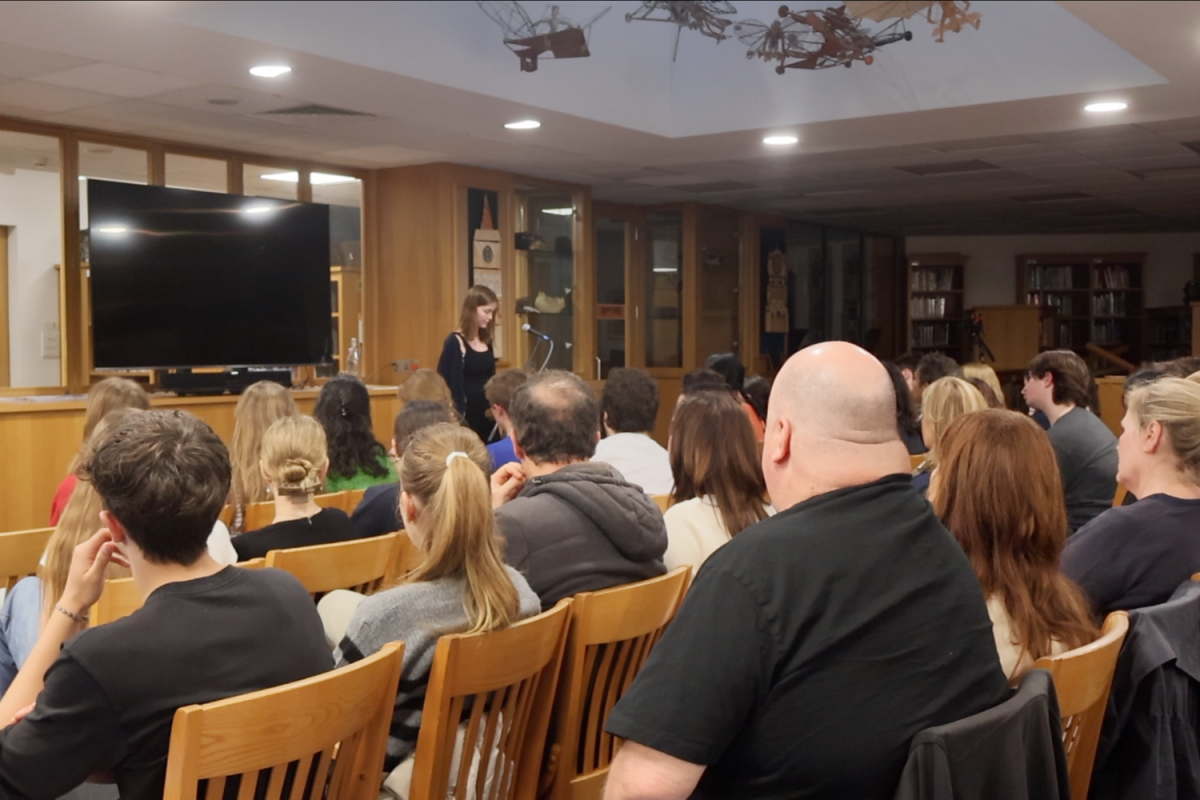

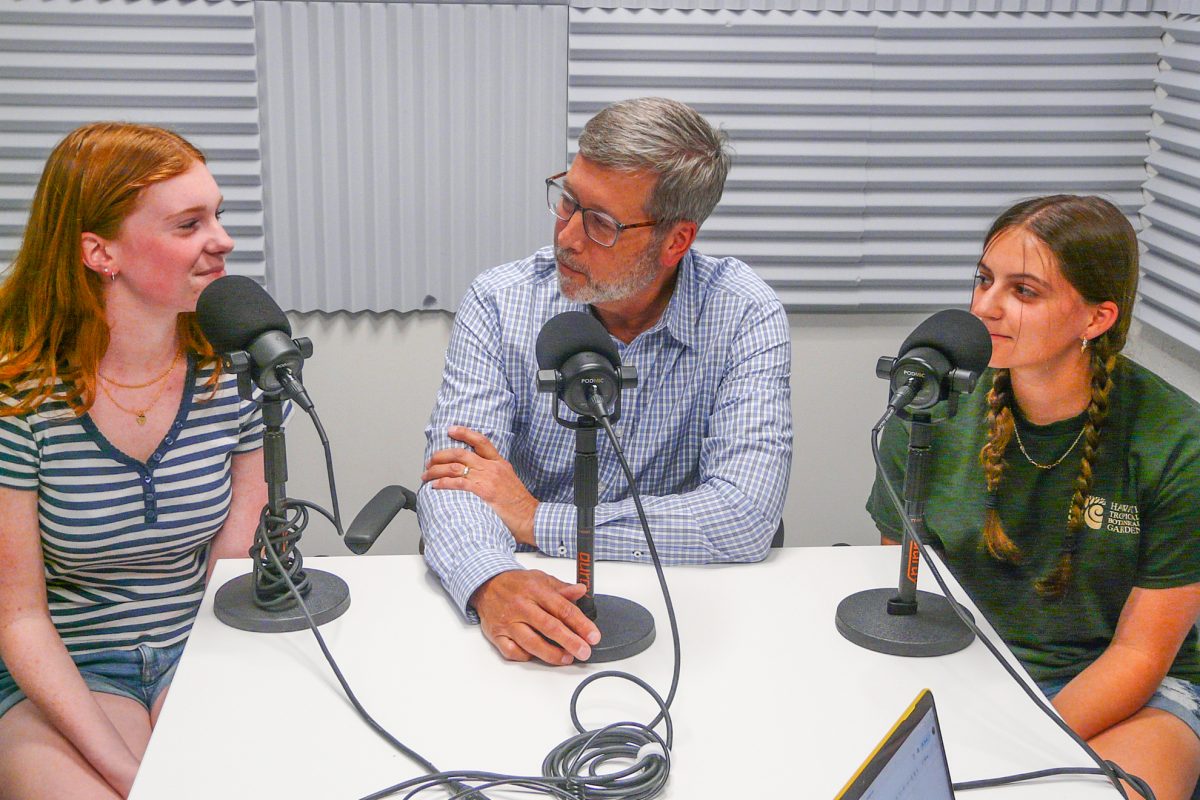
![BACKGROUND IN THE BUSINESS: Dressed by junior designer Kaitlyn Gerrie, senior Chamila Muñoz took to the “Dreamland” runway this past weekend. While it was her first time participating in the McCallum fashion show, Muñoz isn’t new to the modeling world.
I modeled here and there when I was a lot younger, maybe five or six [years old] for some jewelry brands and small businesses, but not much in recent years,” Muñoz said.
Muñoz had hoped to participate in last year’s show but couldn’t due to scheduling conflicts. For her senior year, though, she couldn’t let the opportunity pass her by.
“It’s [modeling] something I haven’t done in a while so I was excited to step out of my comfort zone in a way,” Muñoz said. “I always love trying new things and being able to show off designs of my schoolmates is such an honor.”
The preparation process for the show was hectic, leaving the final reveal of Gerrie’s design until days before the show, but the moment Muñoz tried on the outfit, all the stress for both designer and model melted away.
“I didn’t get to try on my outfit until the day before, but the look on Kaitlyn’s face when she saw what she had worked so hard to make actually on a model was just so special,” Muñoz said. “I know it meant so much to her. But then she handed me a blindfold and told me I’d be walking with it on, so that was pretty wild.”
Caption by Francie Wilhelm.](https://bestofsno.com/wp-content/uploads/2024/05/53535098892_130167352f_o-1200x800.jpg)



